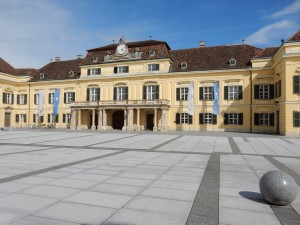We’ve had some server problems recently, so http://gwr.nuim.ie has been intermittent. This gave Chris Brunsdon and myself a chance to reflect on the nature of the website. A few changes are in hand.
We’re actually about the GWmodel R package, so we’ll change from Geographically Weighted Regression to Geographically Weighted Modelling in the not too distant future. The team that keeps all this in order is:
The Core Group
Chris Brunsdon: National Centre for Geocomputation, Maynooth University, Ireland
Martin Charlton: National Centre for Geocomputation, Maynooth University, Ireland
Paul Harris: Rothamsted Research, North Wyke, Devon, United Kingdom
Binbin Lu, School of Remote Sensing and Information Engineering, Wuhan University, China
Tomoki Nakaya, Department of Geography, Ritsumeikan University, Japan
They are assisted by a group of Associates:
Lex Comber, School of Geography, University of Leeds, United Kingdom
Richard Harris, School of Geographical Sciences, University of Bristol, United Kingdom
Guanpeng ‘Gavin’ Dong, Sheffield Methods Institute, University of Sheffield, United Kingdom
Check https://cran.r-project.org/web/packages/GWmodel/index.html regularly.
Martin






